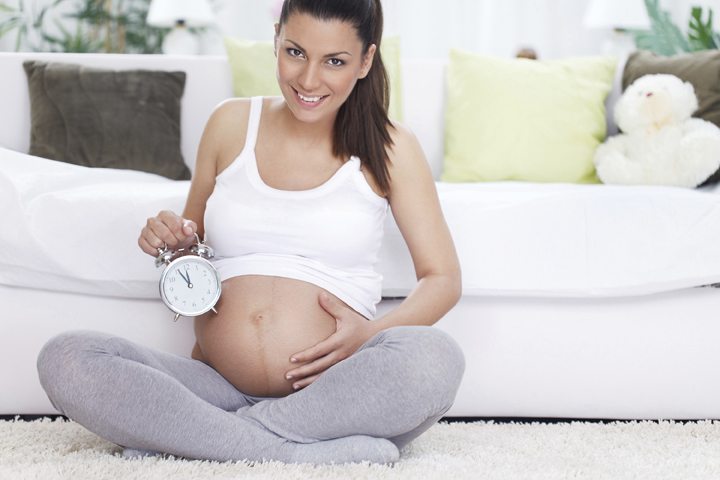Years ago, the most common age to have babies was your early twenties. As time has gone by, and the world around us has changed, this typical age has gotten older. Many things influence this, including work, lifestyle and society. Nowadays, women are having children into their 40s.
But how does age affect your fertility? Is there a perfect age to have a baby? Unfortunately, for your body there is, but not everyone is ready to have a baby when they are young. The important thing is to be aware of the facts, but to wait until you feel you’re ready for a child. If you decide to wait until you’re in your late thirties or forties, the general rule of thumb is that if you don’t conceive within six months of trying, visit your doctor for advice.
Ages 20 – 24
These are your most fertile years. Your periods are probably regular, and most of them are ovulatory. The average woman between 20 and 24 years old has about a 20 percent chance each month of getting pregnant. The miscarriage rate is about 9.5 percent, the lowest it will ever be. Your eggs are still relatively young, your baby is much less likely to be born with a birth defect such as Down syndrome (1 in 1,667 births among women age 20) or other chromosomal abnormalities.
Ages 25 – 29
In your 20s you are more likely to be at optimal fitness, making delivery and postpartum weight loss easier. The miscarriage rate is 10 percent, only slightly higher than for women five years younger. At age 25, your chances of delivering a baby with Down syndrome are 1 in 1,250.
Ages 30 – 34
Fertility begins to decline at age 30, but this change happens very gradually. For women under age 35 the success rate of in vitro fertilization (IVF) is 25 to 28 percent. The miscarriage rate is 11.7 percent. By age 30 your risk of having a baby with Down syndrome is 1 in 900.
Ages 35 – 39
Fertility continues to decrease during these years. The risk of high blood pressure during pregnancy is about double for women over 35 compared with younger ones. The chance of having a Caesarean section is about twice as high for women ages 35 to 39. The chance of having multiple births, especially twins and even triplets, increases significantly in your late 30s. The miscarriage rate rises after age 35 to close to 18 percent.
Ages 40 – 44
1 percent of women ages 40 to 44 have babies. The chance of becoming pregnant during any one month drops to only 5 percent after age 40. If you’ve already had a baby, you may also be more prone to hemorrhoids, pressure on the bladder, prolapsed tissues in the uterus and vagina. Baby has a 1 in 100 chance of being born with Down syndrome and a 1 in 66 chance of being born with any chromosomal abnormality.
Ages 45 – 49
The percentage of women who have babies in this age group is .03, and the chance of successful infertility treatment lowers significantly. Once you’ve conceived, you’re more likely to undergo rigorous testing than you would if you were younger. There’s a 1 in 30 chance of delivering an infant with Down syndrome and a 1 in 21 chance of having a baby with any chromosomal abnormality.
Over 50
The average age for menopause is 51, but typically the range runs from 45 to 55. Almost all pregnancies beyond age 50 require some assistance, whether from fertility drugs, hormone supplements, or, more often, donor eggs.
maternity & infant
Originally posted 2017-08-17 08:17:05.









